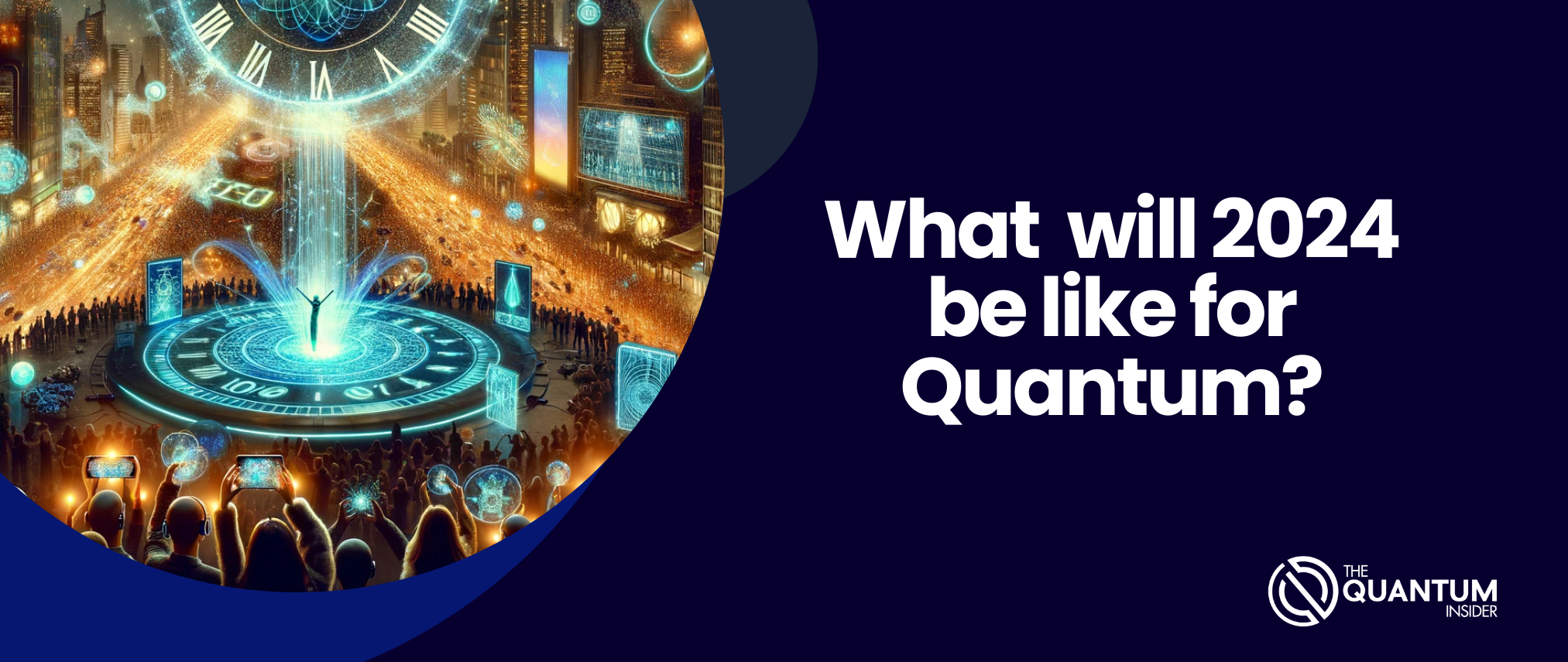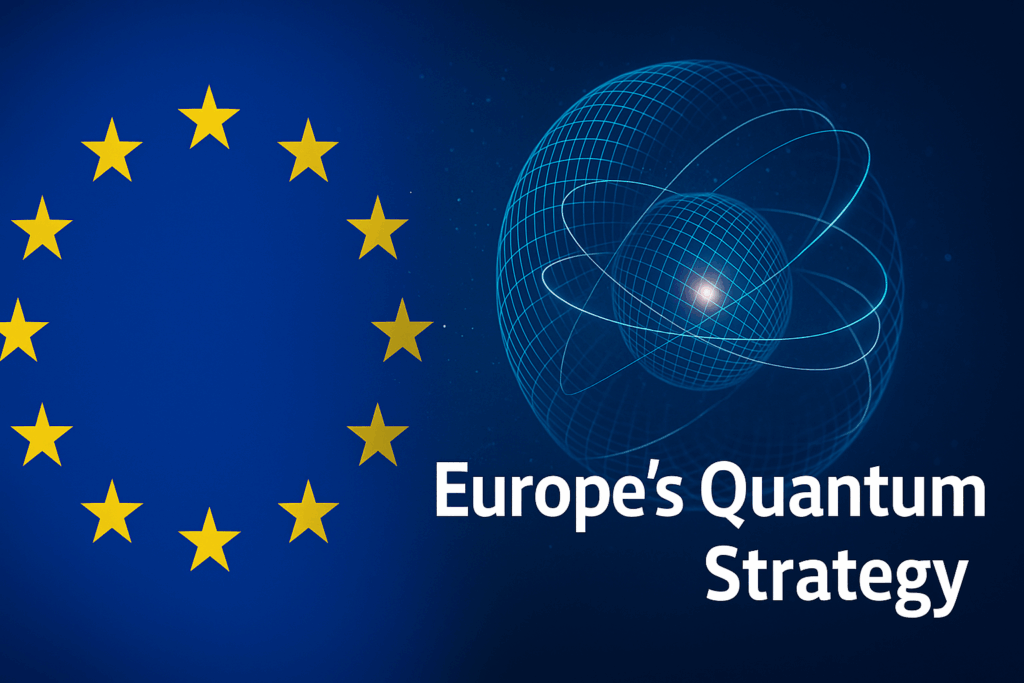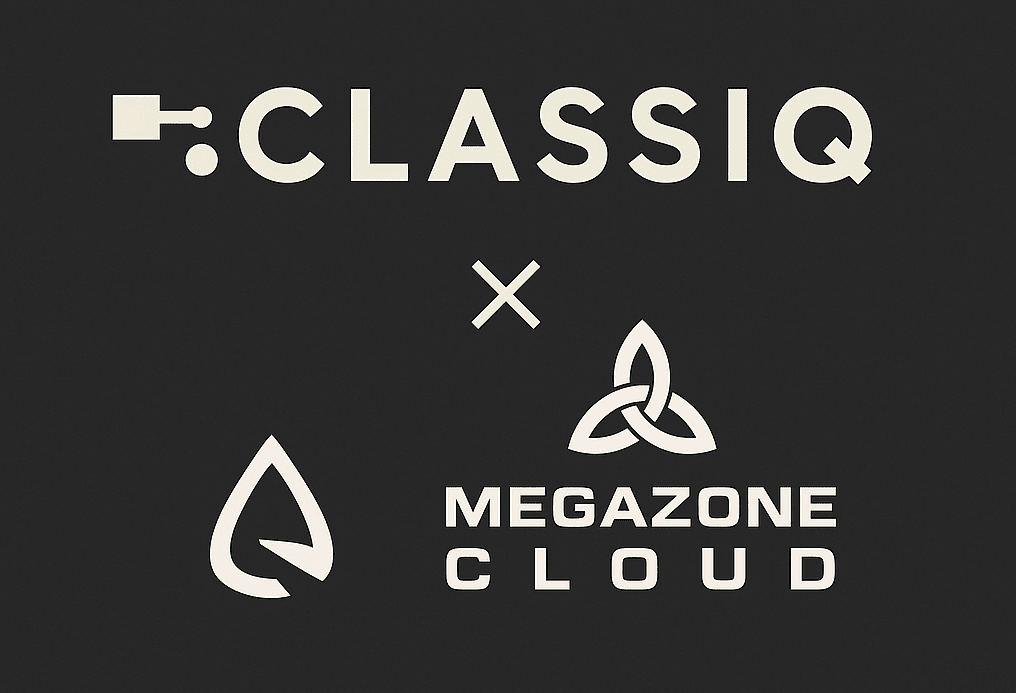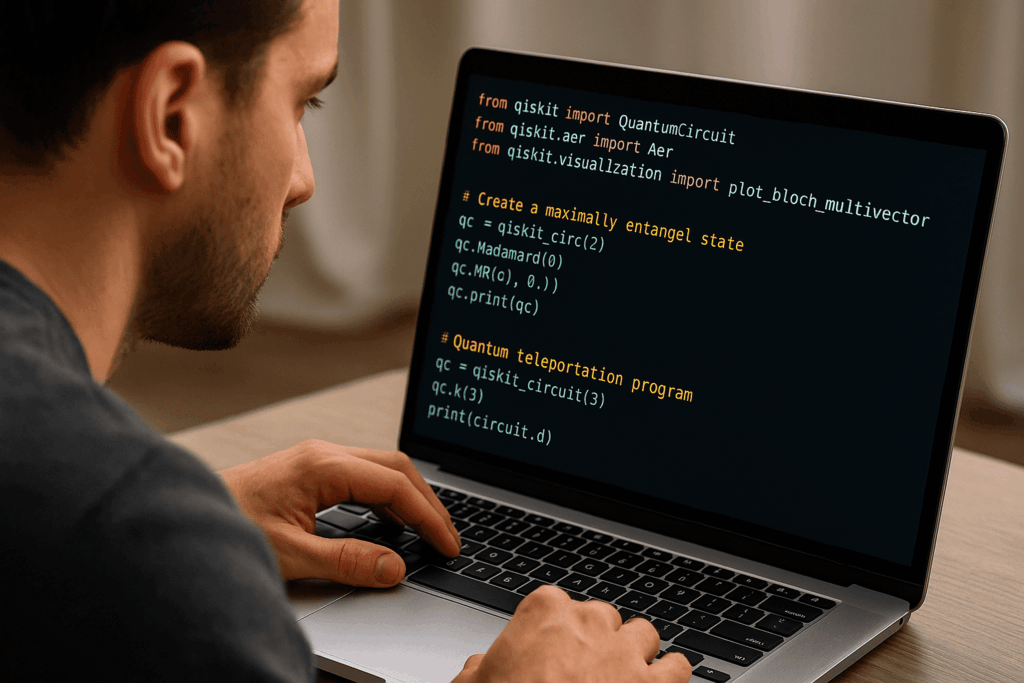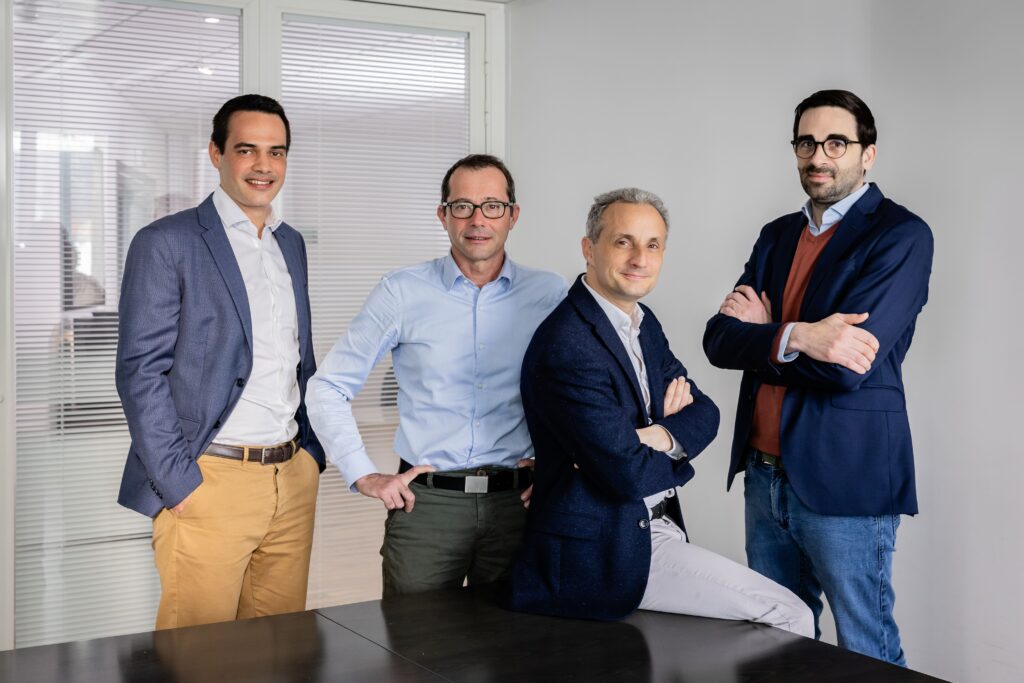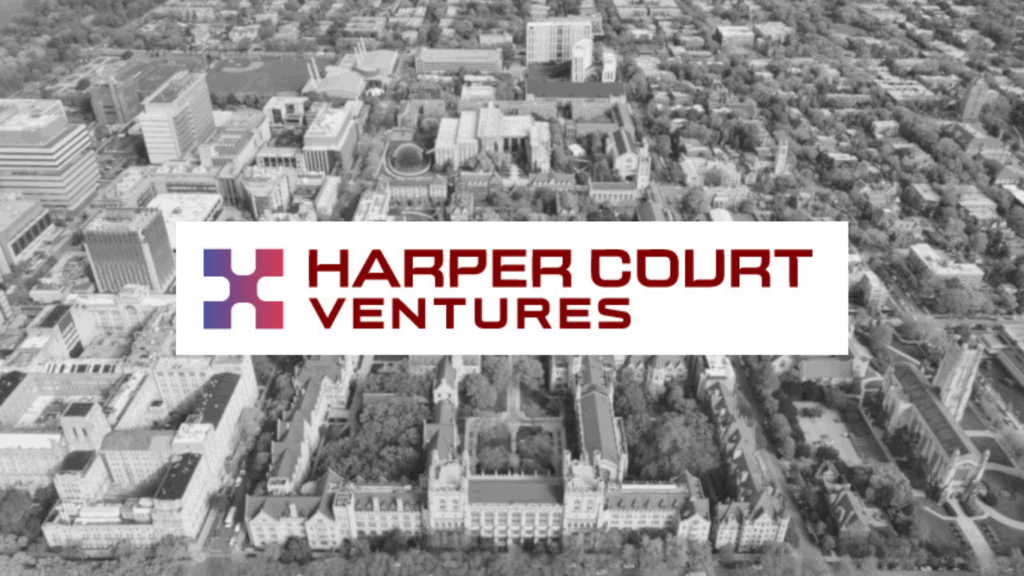Making predictions about the quantum industry is not easy.
I would say the accuracy of my last year’s list of predictions were a little better than chance — but, still, it’s a great opportunity to explore the possibilities and start some conversations. And, fool’s errands are kind of my thing.
So, with that, let’s take a look at What Might Be in the world of quantum research and development, quantum industrial trends and quantum’s impacts on society.
The Dawn of Quantum Practicality
The term, “Quantum Practicality,” entered the lexicon in earnest in 2023, probably chosen because it sounds less hubristic than quantum advantage and, certainly, quantum supremacy. Like those terms, quantum practicality is hard to define and, therefore, hard to measure. However, in 2024 we should see of a glimpse of achieving the spirit of that term.

In other words, expect a few companies and research institutions to perform everyday computational tasks using quantum computers with a performance better than classical. Also, expect those results to be challenged. In 2024, the results won’t be enough to convince many in the mainstream community that quantum is a viable alternative to supercomputers, let’s say, but as the frequency of quantum practicality reports in 2024 increase, a lot of those doubters may be converted.
Quantum Startups Explore Other Commercial Options
The financial pullback probably meant that many quantum startups didn’t quite finish building their runway when they taxied onto the tarmac. For many startups, this could be an existential crisis. For other startups, this could be an existential opportunity.
While working on their main products, expect some quantum organizations to explore other ways to raise revenue. Some of these could be quite traditional ways of bringing in income — consulting is probably the most common. However, quantum companies may find ways to nourish current needs on the market, rather for waiting until the full blossoming of the quantum market. Creating products in nuclear medicine, as one example, might be one area that requires quantum-like expertise and skills.
But there are other known-unknown and unknown-unknown markets for smart startups to stumble on to, or even create.
Private Capital Markets Begin to Stabilize
Over the past three years, it’s been feast and famine for quantum startups seeking funding in the pandemic-battered, geo-politically charged, interest-rate challenged investment market. In 2023, we saw a dramatic drop in the number — and, arguably, the size — of finding rounds.
In 2021 and 2022, quantum companies brought in record amounts of money for the albeit nascent quantum industry. In late fall 2023, we did see private capital return to the quantum industry, although not enough to make any attempt to return to the levels set in the previous two years. It was enough, however, to give the ecosystem some faith that the market will stabilize. And, that’s our expectations, too.
We may not soar to new fund-raising heights, but — barring any geopolitical, health crisis, etc. etc. — patient private capital will write checks this year for promising quantum tech startups. Another wild card from the opposite hand: Research advances — we like to avoid the term, “breakthroughs” — could wildly inflate the market, bringing in investments from more traditional capital sources not normally associated with deep tech investing.
Urge to Merger, a Fire to Acquire
Let’s consider several factors in today’s quantum investment landscape:
First, we’ve seen a drop in funding for quantum startups.
Second, quantum startups are — forgive the technical terminology — really freaking expensive.
Third, research results have been promising, which is liable to attract big companies that have sat on the sidelines.
One potential way of connecting these three-ish trends is to consider the landscape a tempting area for mergers and acquisitions. Companies without quantum assets instantly gain a path toward quantum, and quantum entrepreneurs get some added runway. Look for more mergers and acquisitions to occur in 2024.
Make No Mistake — Scientists Will Focus on Quantum Error Correction
Error correction sits at an interesting intersection in quantum science today — scientists know it is critical to creating quantum computers that can perform at levels needed to be adopted more broadly and scientists are also discovering quantum error and quantum mitigation approaches that are beginning to pay off.
This nexus of desire and capability will likely turn into quantifiable results and that should lead to bumps in QC performance, as mentioned above. Ultimately, like a virtuous pool shark running the table, this could lead to a chain-reaction of better quantum computers being unleashed on problems and opportunities in ways that classical computers cannot. These better performing machines could encourage developers to improve quantum algorithms to drive further improvements, or tackle new use cases.
Quantum Joins The Deep-Tech Convergence
We will continue to see a convergence of transformational technologies, the most obvious being quantum and artificial intelligence. But, this trend will go beyond the blending of information technologies.
Many scientists investigating the cutting edge of frontier techs — such a genetic therapies, drug design and fusion energy — will realize the potential for quantum computing to hack the seemingly insurmountable problems that lie at the heart of their technologies’ ultimate commercialization.
While quantum sensors to take rides to space, quantum algorithms will dive into understanding the human body, probe the design of fusion reactors and guide new approaches to AI.
Talking Quantum
We mentioned there will be a drive for quantum practicality — leveraging quantum technologies for real-world computational challenges. However, soon or later, the quantum industry will face the need to explain that practicality. This will lead to some interesting — and thorny — conversations. Quantum experts and enthusiasts will need to discuss principles, such as entanglement and superposition, with regular folks.
This may lead to a broadening of our understanding of quantum into disciplines not normally associated with science and informations science, such as sociology, psychology, philosophy and religion.
These conversations might start out as awkward and uncomfortable, but could eventually lead to stronger and richer connections between science and those interdisciplinary communities than ever.
Arts and Qrafts
Expect that as quantum technology moves more toward practicality and interdisciplinarity that it will force non-STEM disciplines to grapple with its implications. As mentioned, philosophers, religious thinkers and ethicists will prove the deeper meaning of quantum technology. Artists will follow — and soon lead. We will see people from the arts — from sculptors to painters to musicians — attending quantum events, or creating their own as a way to explore and interpret quantum information science.
We can all this trend “Q-STEAM.”
For more market insights, check out our latest quantum computing news here.

